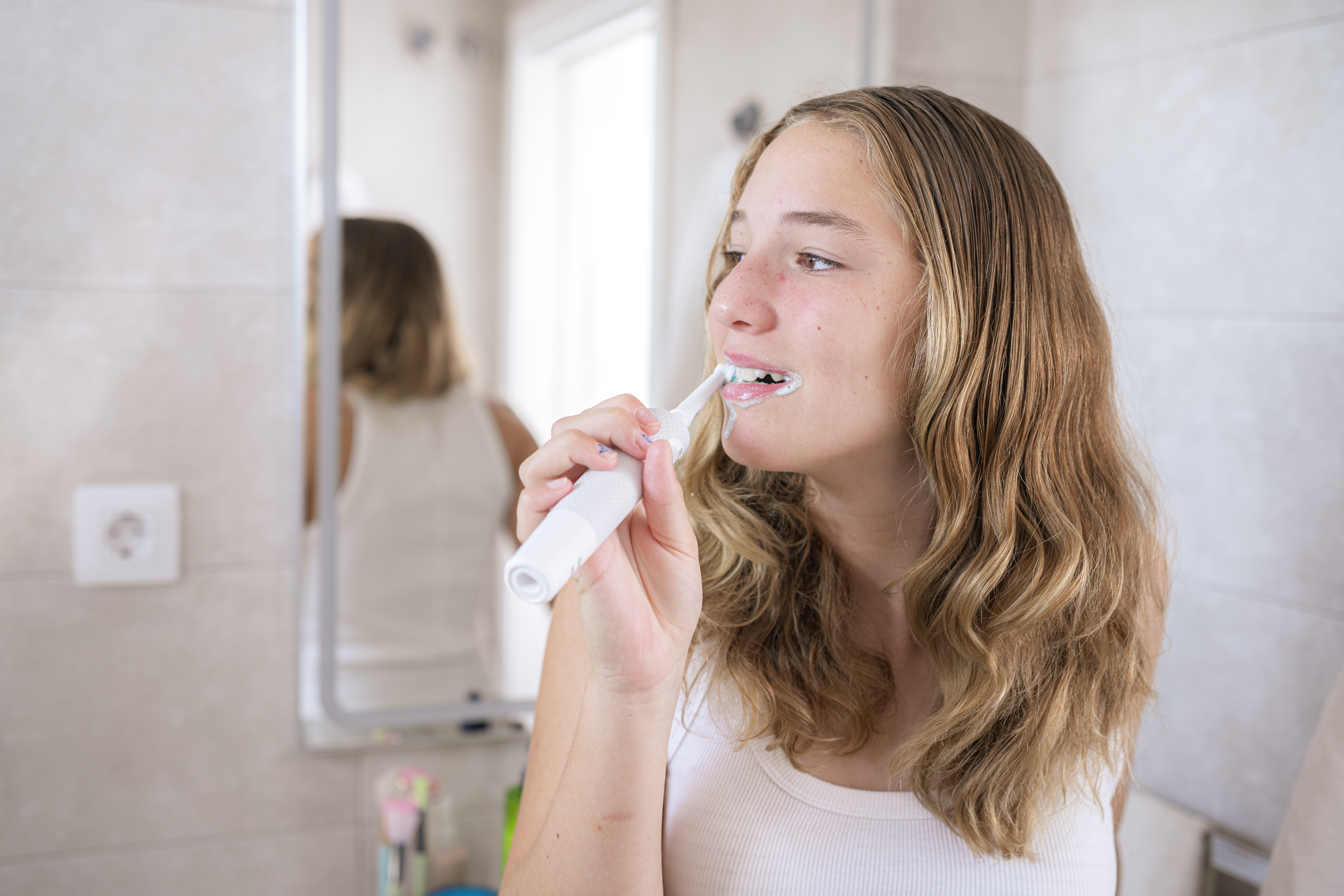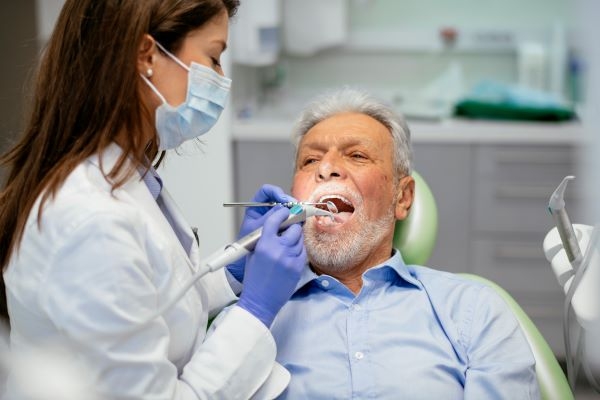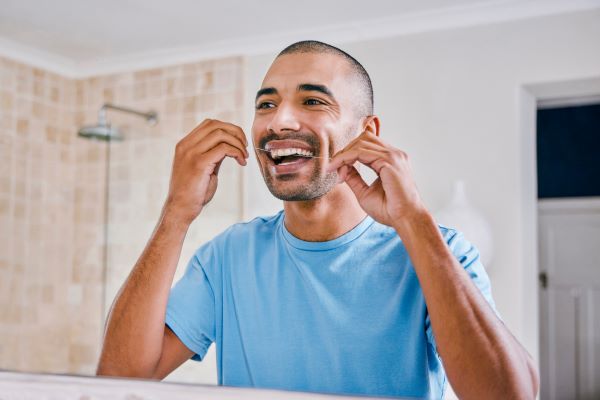If the sound of the dentists’ drill makes your skin crawl, you’re not alone. In fact, it’s estimated up to 1 in 7 Australians experience high dental fear1.
Many fear it so much they avoid visiting the dentist all together, which can lead to more invasive and traumatic treatment down the track. For example, a regular clean can help prevent cavities in future, while a small filling now could prevent painful infection later on.
READ MORE: How often should you get your teeth cleaned
While most of us know we should see an oral health professional regularly, it doesn’t necessarily make it any easier! If you experience dental fear, there are some strategies you can use to make a check-up less stressful. Here are my tips to help you through your next appointment, and keep you going back for regular check-ups.
Talk to your oral health professional
Tell them anything you find particularly anxiety-provoking. Once your oral health professional knows the things that cause you distress, they can work out ways to avoid them or make you more comfortable. Give them their best chance of helping you.

Teeth. You’d literally suck without them.
Our 100% back on dental check-ups are just one of the ways you can get great value from our extras covers. Learn more about how extras cover can help you take control of your health & wellbeing.
Familiarise yourself with the environment and people
If you haven’t been to the dentist in a long time, or you’re going to see a new dentist, begin by asking for a brief appointment that lets you simply sit in the chair and have your teeth looked at without any treatment. This may help you establish some trust with your oral health professional, familiarise yourself with the situation and give you some confidence.
Understand what the check-up or treatment involves
Ask to be shown everything as you go. This will help avoid any unexpected sensations or noises.
Establish some hand signals
These can help you to communicate to your dentist, even when your mouth is open and you are unable to speak. For example, you might establish a signal for ‘Stop’ or ‘I’m ok’.
Ask for small breaks during treatment
Regular breaks give you a chance to swallow, breathe, and speak.
Try relaxation techniques
Practice some relaxation techniques before your appointment and put them in to practice during. Take slow deep breaths right down into the pit of your stomach throughout. Controlled breathing is a very effective way to manage feelings of anxiety.
Distractions can help
Bring headphones and listen to a story, which is often a better distraction than music.
Try a different chair position
Ask to be able to sit up slightly in the dental chair. Perhaps put one foot on the floor if that helps you feel more in control.
Bring a support person
Take a trusted friend and ask that they be present throughout treatment.
Ask for written instructions
If you’re feeling anxious during your appointment, you may not be able to pay attention to your oral health practitioner’s post-op or hygiene instructions. Get them to write it down so you can refer to it later on.
Sedatives can be a last resort
If visiting the dentist continues to give you serious anxiety, and none of these strategies have helped, speak with your dentist and general practitioner (GP) to explore the possibility of taking a sedative before your appointment.







